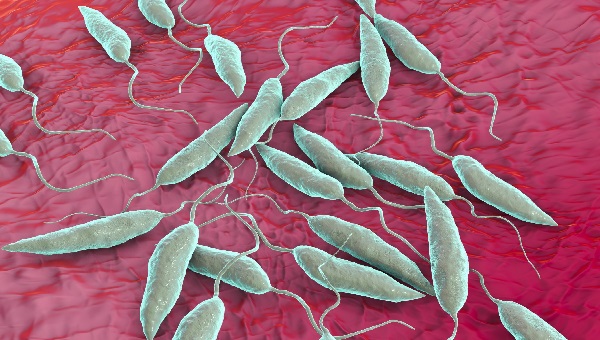Health Matters
For the first time, scientists have begun to figure out why the disfiguring skin lesions caused by cutaneous leishmaniasis don’t hurt.
Researchers analysed leishmaniasis lesions on mouse skin to detect metabolic signaling pathways that differed from uninfected mice. Results suggested the parasites that cause the disease change pain perception – presumably as a way to delay treatment and promote their own survival.”No one knows why these lesions are painless – but it has been thought that the parasite somehow manipulates the host physiological system,” said Abhay Satoskar, senior author of the study and professor of pathology in The Ohio State University College of Medicine.
“Based on our data, something the parasites do triggers pathways that suppress pain. How they do that, we’re still investigating.”
Beyond increasing understanding of this parasitic disease afflicting 1 million new patients each year, the research could lead to development of new non-narcotic pain medications.
“We hypothesize that any molecules the parasite’s presence is producing could be potential painkillers for other health problems,” Satoskar said.
The study was published recently in the journal iScience.
The lack of pain in leishmaniasis lesions has puzzled scientists for years, especially when similar blisters caused by conditions like chicken pox, staphylococcus infections or the herpes virus are itchy, oozy and sore.
After giving mice chronic infections with Leishmania mexicana, the species that causes cutaneous leishmaniasis in South, Central and North America, researchers used an unbiased mass spectrometry analysis of the lesions to identify molecules known to be associated with pain suppression.
They found numerous metabolites – products of bio-chemical reactions that break down food to produce energy and perform other essential functions – that have been linked in previous research to blockage of pain perception. They also found pathways with pain-relief properties tied to the brain’s endocannabinoid system, which is involved in a host of physiological processes, including the pain response.
Cell-culture experiments in infected macrophages, the immune cells in which Leishmania parasites live, showed an increase in most, but not all, of the same changes as in the lesions.
The parasites use these metabolites as nutrition to help them replicate. But finding that certain pain-suppression pathways aren’t increased in infected macrophages leaves some questions unanswered, said Satoskar, also a professor of microbiology at Ohio State.








